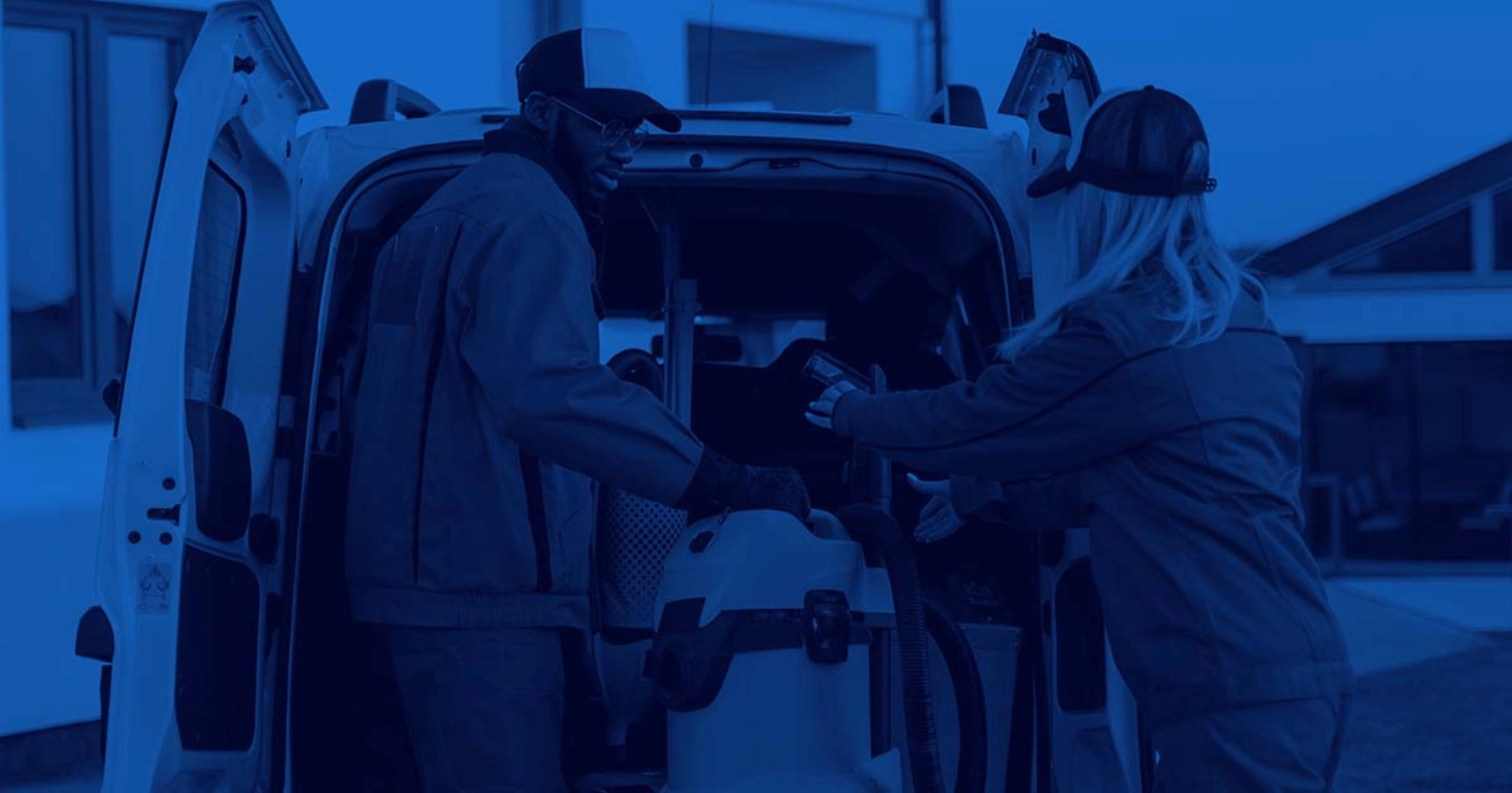- Paycheck every Wednesday
- 95% working within 2 days
- 1 contact person
- Paycheck every Wednesday
- 95% working within 2 days
- 1 contact person

Blog
What does it take to get a job in cleaning?
In deze blog:
In this article, we’ll tell you everything you need to know about both sectors—and what you need to get started in a cleaning or industrial cleaning job!
The Cleaning Industry in a Nutshell
Cleaning work is done by both men and women—and their efforts play a key role in keeping our society running smoothly. Just imagine if no one collected garbage or if litter piled up for days at your local shopping center. Not a pleasant thought, right?Cleaning is something that happens every day, and we’ve all come to take it for granted. But a clean environment creates a sense of safety and comfort—and it definitely increases our overall quality of life.
In short: it’s important work!
Regular Cleaning
How would you feel if you were in the hospital and the rooms weren’t properly cleaned? Or if the care home where your grandmother lives wasn’t being kept sanitary?Every day, cleaners work hard—often behind the scenes—to maintain health and comfort. And what about children? Don’t they deserve clean and safe places to play and learn? Of course! Children are naturally curious and active. Clean environments help them grow up freely and safely, giving parents peace of mind.
And think about your holidays—would you want to sleep in a dirty bed after booking a hotel or apartment? Exactly. Cleaning is a vital part of everyday life, and it’s something we should all be proud of. Cleaners absolutely have our respect!
Industrial Cleaning
Besides general cleaning, there’s also industrial cleaning—a key link between production and the end consumer.As an industrial cleaner, you could work in ports, petrochemical plants, or the food industry. Your work helps ensure the safe and hygienic production of food and other goods. Large-scale production—of steel, fuel, or packaged foods—depends heavily on hygiene. Imagine what would happen to the quality of olive oil or butter if the machines weren’t cleaned properly!
Industrial cleaners are always ready for the next challenge, keeping work environments clean and safe. The work is varied and physically demanding—you’ll definitely be skipping the gym! These workers have a true hands-on mentality: roll up your sleeves and get it done!
Who is this work suitable for?
The cleaning industry offers plenty of possibilities, but most jobs take place outside of regular office hours.Many cleaners work early in the morning—before the school day or office hours begin. Others work in the afternoon or evening, after everyone else has gone home. That’s why cleaning is often seen as the perfect side job. It’s also ideal for parents with school-age children, who want to work while the kids are in class.
Industrial cleaners, on the other hand, often work shifts around the clock. Some start early, others in the evening and work through the night. Flexibility is important here, although schedules can usually be adjusted to your needs. Cleaners and industrial cleaners come from all kinds of backgrounds. Some are outgoing and social, while others prefer to work independently and in peace.
What they have in common: the job is physical. That’s why we always keep individual needs, safety regulations, and health guidelines (ARBO) in mind.
Training Requirements
Most cleaning jobs don’t require advanced training or years of experience. What matters most is the right mindset.You’re someone who shows up on time and sticks to the agreements.
If your shift starts at 7:00 AM, you’re there.
You follow the right procedures.
And if you see a way to improve things? Speak up and discuss it with your supervisor.
You’re focused on achieving results. Cleaning is a skill you can learn on the job.
For industrial cleaners, a VCA safety certificate is often required. This is especially important in high-risk environments like the petrochemical industry, where it’s vital to know the safety rules.
Safety Guidelines and VCA
Safety is a top priority in industrial cleaning. A moment of inattention can lead to serious accidents, which is why a VCA certificate is so important.Don’t have a VCA yet but want to get one? Reach out—we’re happy to help! In addition to the VCA, many sites have their own safety rules. These are usually taught through instructional videos. Don’t speak Dutch fluently? No problem—safety instructions are often available in English or German too.
The rules may be strict, but they’ve led to a significant decrease in workplace accidents in recent years.
Working in Cleaning or Industrial Cleaning via Concreeto
At Concreeto, we currently have several open positions in cleaning and industrial cleaning. Some roles don’t require any prior experience—but of course, the right attitude is a must. Many companies also offer internal training. Interested in that? Contact one of our recruiters!And don’t forget to check out our vacancies page to view all open positions in cleaning and industrial cleaning.


